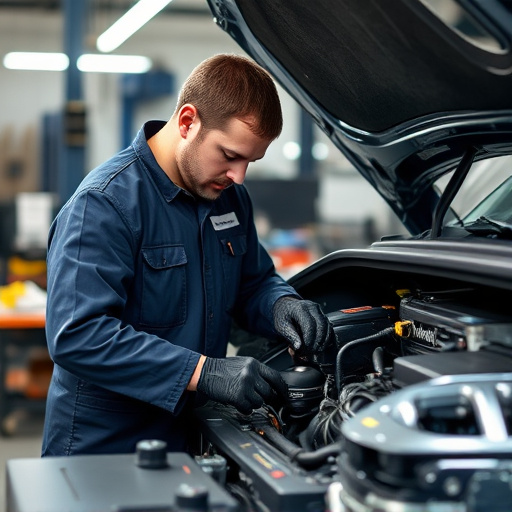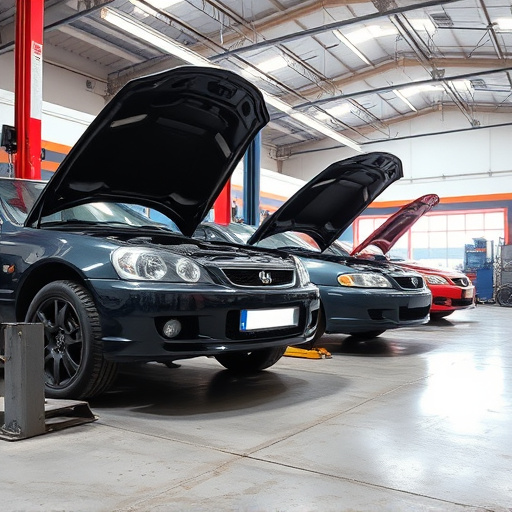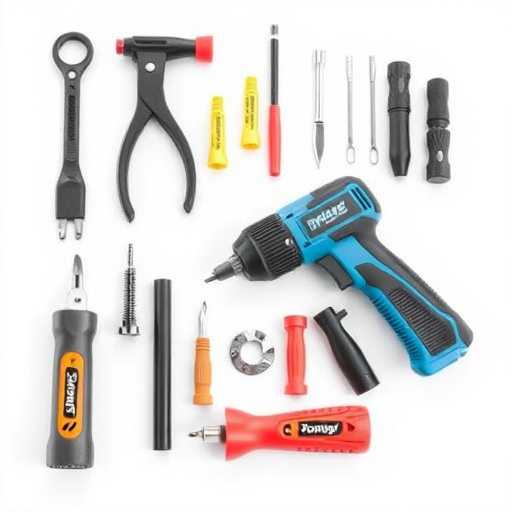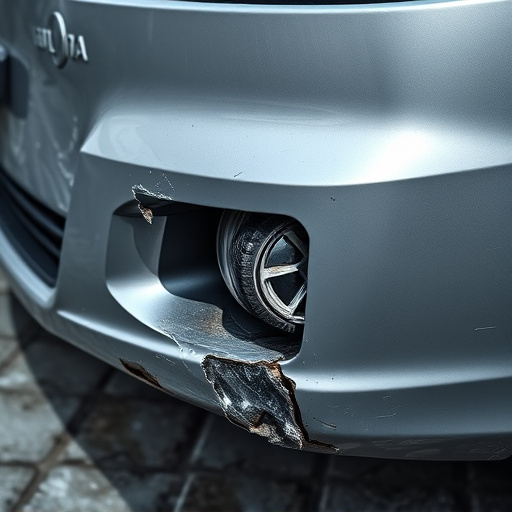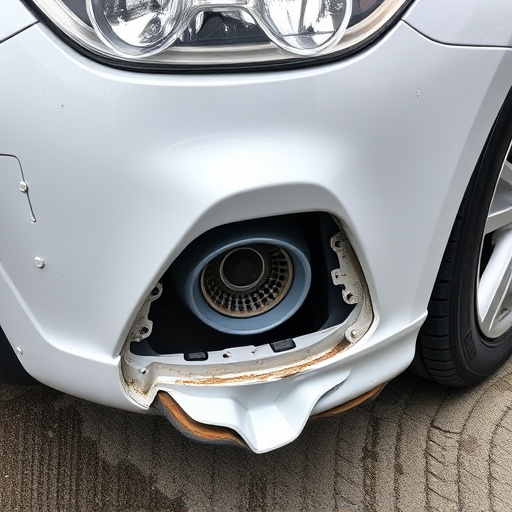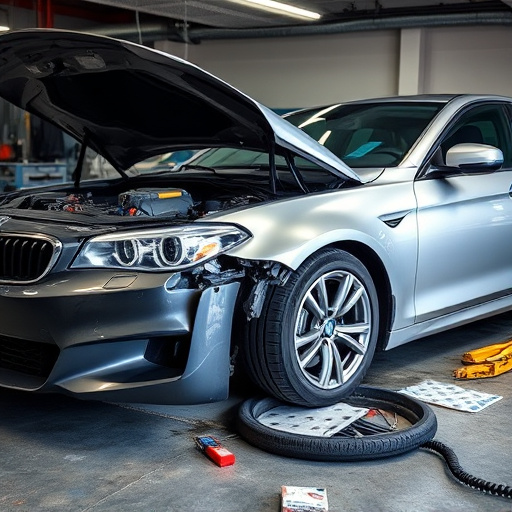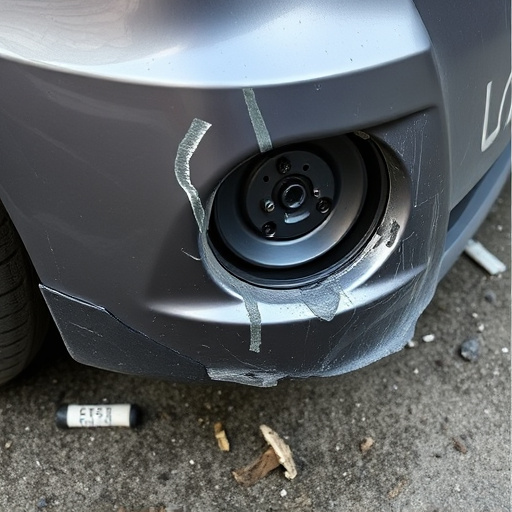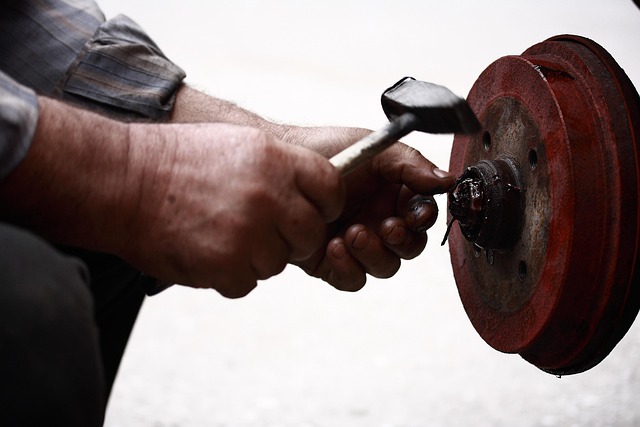Collision scheduling delays harm repair shop operations and customer satisfaction due to limited resources, complex insurance procedures, coordination issues, and unexpected demand surges. To mitigate these problems, shops should implement robust scheduling systems, optimize resource allocation, regularly review processes, and adhere to industry best practices, enhancing efficiency, reputation, and reliability as automotive service providers.
In today’s fast-paced world, efficient repair scheduling is paramount for any automotive service center. However, collision repairs often lead to scheduling delays, impacting customer satisfaction and repair shop reputation. This article delves into the common causes of these disruptions, highlighting their direct impact on business perception. We also explore strategic solutions to minimize collisions, optimize service flow, and enhance efficiency, ensuring a seamless experience for every client.
- Understanding Common Causes of Collision Scheduling Delays
- The Direct Impact on Repair Shop Reputation and Customer Satisfaction
- Strategies to Minimize Collisions and Enhance Service Efficiency
Understanding Common Causes of Collision Scheduling Delays

Collision scheduling delays are a common challenge for repair shops, impacting both their operations and customer satisfaction. Understanding the root causes behind these delays is crucial for efficient management. Many factors contribute to this issue, such as limited resources, complex insurance procedures, and coordination with other service providers. For instance, when dealing with extensive auto body repairs or intricate automotive repair tasks, scheduling becomes intricate, requiring precise planning and communication.
Moreover, unexpected surges in customer demand for emergency auto maintenance can disrupt the entire process. To mitigate these delays, repair shops should implement robust systems for efficient scheduling, ensuring staff and equipment are allocated optimally. Regular reviews of current processes and staying updated with industry best practices can significantly enhance collision scheduling efficiency, ultimately bolstering the shop’s reputation as a reliable service provider in the automotive sector.
The Direct Impact on Repair Shop Reputation and Customer Satisfaction

When a customer arrives at a repair shop with a vehicle suffering from a repair scheduling collision, it can have an immediate and direct impact on the shop’s reputation. The way a business handles such situations is a significant factor in customer satisfaction and word-of-mouth recommendations. A simple delay or miscommunication regarding the estimated repair time can leave clients dissatisfied, especially if they’ve had to make alternative arrangements during that period. This negative experience may lead to reviews reflecting poorly on the shop’s efficiency and professionalism.
The reputation of a repair shop is built on trust and reliability, and any deviation from these ideals can be detrimental. Customers expect their vehicles to be treated with care and for repairs to be executed promptly, especially when it comes to collision damage repair. Auto body services that fail to meet these expectations may struggle to attract new clients and retain existing ones. Promptly addressing collision issues and keeping customers informed about the progress of car scratch repair can help maintain a positive image and foster long-term loyalty.
Strategies to Minimize Collisions and Enhance Service Efficiency

In an ideal world, smooth operations would prevent any repair scheduling collisions from occurring. However, with busy workshops and a steady stream of clients, it’s inevitable that challenges will arise. To minimize these conflicts and enhance overall service efficiency, several strategies can be employed. Firstly, implementing a robust booking system is key. This could involve utilizing specialized software to manage appointments, track vehicle arrivals, and automate reminders. Such technology ensures every slot is accounted for, reducing double-booking scenarios.
Additionally, prioritizing tasks based on urgency and complexity can help streamline the workflow. For instance, offering expedited services for severe damages like paintless dent repair or scratch removal can prevent lengthy wait times and satisfy customers who require swift vehicle paint repair. By being proactive in scheduling and efficiently managing resources, repair shops can significantly reduce collisions, leading to happier clients and a more reputable business image.
Repair scheduling collisions can significantly hinder a shop’s reputation and customer satisfaction. By understanding common causes of delays, such as communication gaps, resource mismanagement, and unrealistic timelines, shops can implement strategies to minimize these issues. Adopting efficient scheduling practices, improving internal communication, and leveraging technology can enhance service efficiency, ensuring timely repairs and maintaining a positive brand image in the face of challenges.
